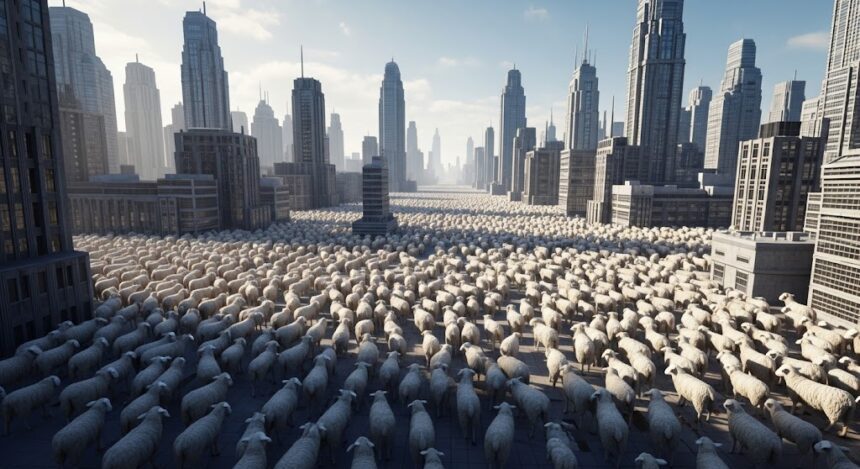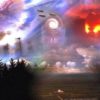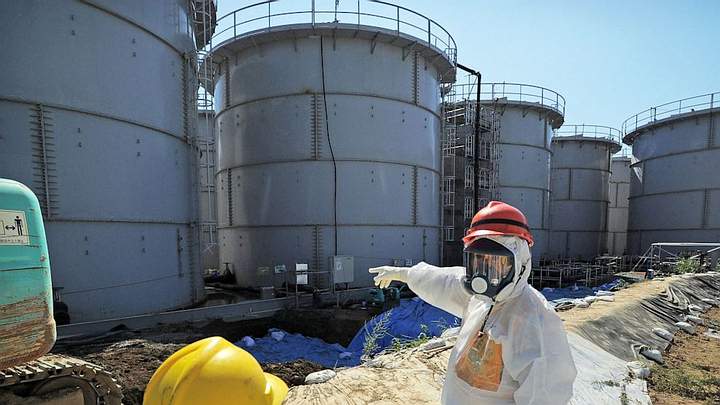Have you ever looked at the world around us and felt a pervasive sense of unease? A feeling that something fundamental has shifted, leading us down a path of increasing division, environmental distress, and a relentless pursuit of superficiality? Many throughout history, from ancient philosophers to modern thinkers, have grappled with the question of humanity’s true trajectory. While some attribute our current challenges to inherent flaws, others point to external influences or profound historical turning points.
This exploration delves into various perspectives on what might be contributing to the perceived “degradation” of our civilization, inviting you to critically examine the forces shaping our collective destiny.
The Echoes of a “Golden Age”: A Lost Harmony?
Across diverse cultures and ancient texts, whispers of a “golden age” persist – a time when humanity lived in harmony with itself and the natural world. Vedic sources, for instance, describe an era free from conflict, where different groups coexisted peacefully, each fulfilling a unique purpose within the grand tapestry of Earth’s evolution. This narrative suggests a stark contrast to our present reality, raising a crucial question: What disrupted this equilibrium?
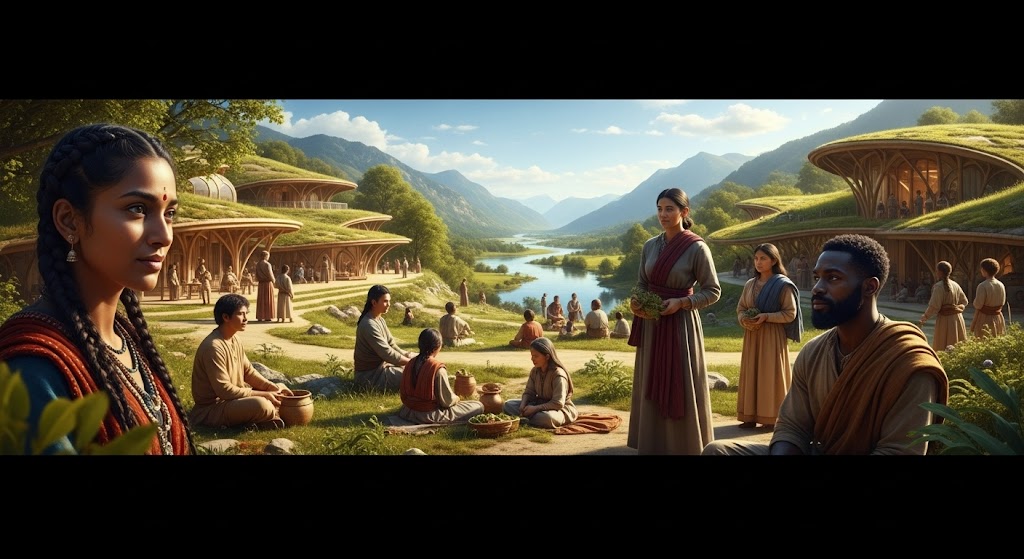
Could it be that at some point, a fundamental shift occurred, steering humanity away from its intended path? Independent researchers often ponder whether an external influence, or perhaps an internal ideological departure, led to the imposition of values that, over time, have proven detrimental to our well-being and the health of the planet. The idea isn’t to pinpoint a single cause, but to consider the profound implications of such a historical divergence.
The Allure of Materialism: A Modern Siren Song
One of the most prominent narratives regarding humanity’s current state revolves around the rise of unbridled materialism. From the earliest days of industrialization, societies have increasingly prioritized economic growth and material accumulation above all else. This shift has arguably led to:
- Environmental Devastation: The insatiable demand for resources fuels deforestation, pollution, and climate change, directly impacting our planet’s delicate ecosystems.
- Social Disconnection: As individuals become increasingly focused on personal gain, communal bonds can weaken, leading to isolation and a decline in collective well-being.
- Erosion of Intrinsic Values: The pursuit of wealth and status often overshadows virtues like compassion, empathy, and integrity, contributing to a sense of moral decay.

Consider the pervasive influence of advertising, which constantly bombards us with messages equating happiness with consumption. Is this a reflection of human nature, or a carefully constructed narrative designed to perpetuate a certain economic system?
The Power of Narratives: Who Shapes Our Reality?
Throughout history, power has often resided in the hands of those who control the narrative. Whether through religious dogma, political ideology, or media influence, the stories we are told profoundly shape our perceptions of the world and our place within it.
Think about the evolution of legal and financial systems. Concepts like “Roman law” and the “Law of the Sea” have profoundly impacted global governance and commerce. Similarly, the development of interest-based financial systems fundamentally reshaped economies and human interactions. Were these systems universally beneficial, or did they inadvertently create frameworks that could lead to imbalance and exploitation?
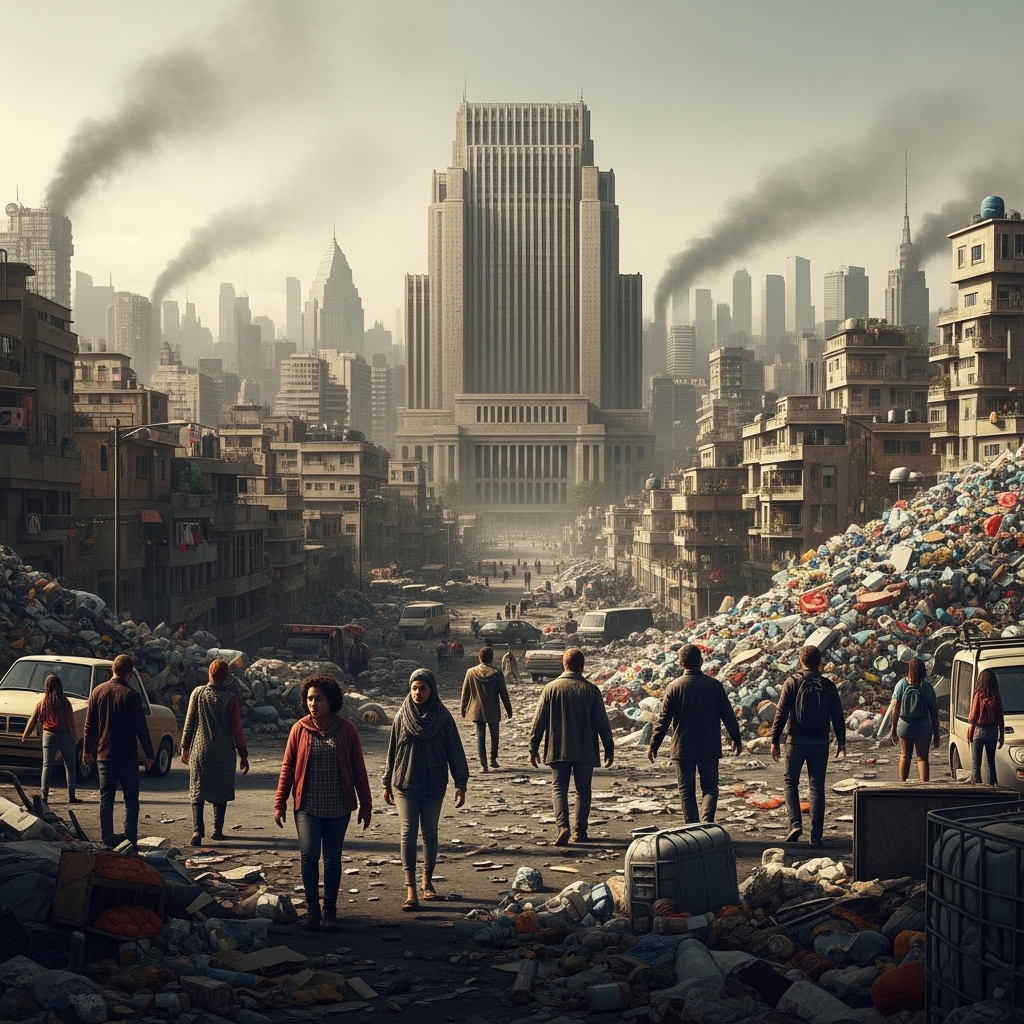
The role of media in shaping societal values is undeniable. From traditional news outlets to the ubiquitous presence of entertainment, media can subtly, or overtly, influence public opinion and social norms. Over recent decades, we’ve witnessed shifts in how various behaviors and lifestyles are portrayed. This raises questions about the intent behind such portrayals and their long-term impact on societal well-being and collective consciousness.
The Concentration of Power: A Looming Question
In our interconnected world, the concentration of immense power in the hands of a few entities – whether corporations, financial institutions, or political bodies – is a topic of increasing discussion. Giants like BlackRock, Vanguard, and State Street, through their vast investment portfolios, exert significant influence across various industries globally. This raises legitimate questions about accountability, transparency, and the potential for these powerful entities to shape global agendas.
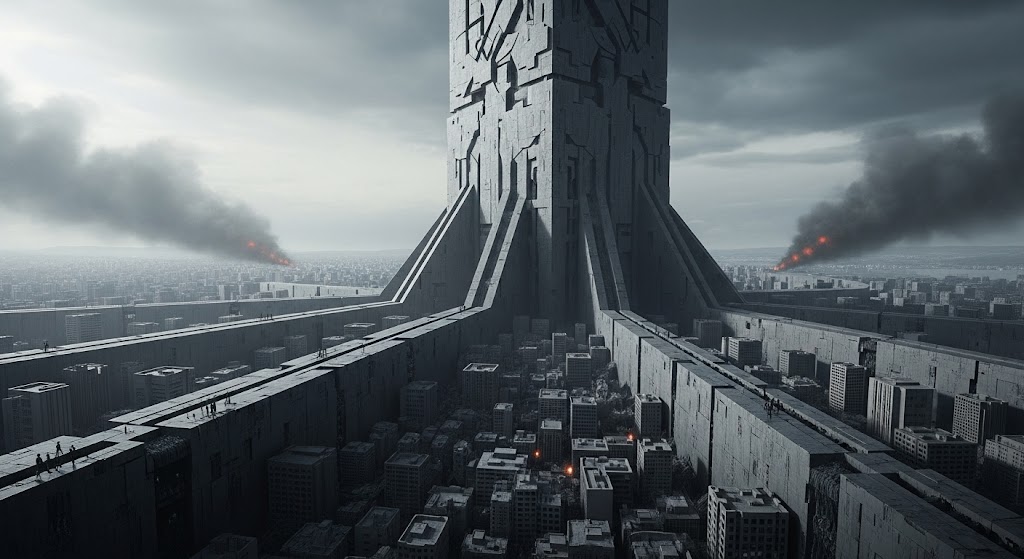
When resources are increasingly consolidated and decisions are made by a select few, concerns naturally arise about equitable distribution and the prioritization of human well-being over profit. The very idea of “reducing” populations, however extreme, emerges from discussions about resource scarcity and perceived overpopulation – often ignoring systemic inequalities and consumption patterns as root causes. Understanding who benefits from such systems, and who designs them, is crucial for any meaningful dialogue about humanity’s future.
Waking Up: Reclaiming Our Collective Future
The narrative of humanity’s degradation is not one of despair, but rather an urgent call to action. Recognizing the forces that may be contributing to our challenges is the first step towards forging a different path. This involves:
- Critical Thinking: Questioning dominant narratives, researching diverse perspectives, and forming independent conclusions rather than passively accepting information.
- Reconnecting with Core Values: Prioritizing empathy, community, sustainability, and genuine human connection over material gain and superficial pursuits.
- Engaged Citizenship: Participating in democratic processes, advocating for ethical governance, and supporting initiatives that promote social justice and environmental stewardship.
The idea of a “parasitic system” eventually collapsing due to its inherent unsustainability is a powerful one. However, humanity doesn’t have to passively wait for such an outcome. By actively engaging, by choosing consciousness over complacency, and by working collaboratively towards a more just and harmonious world, we still have the chance to redefine our trajectory and build a future that truly reflects our highest aspirations.
The choice, ultimately, rests with us. What kind of future will we choose to create?







